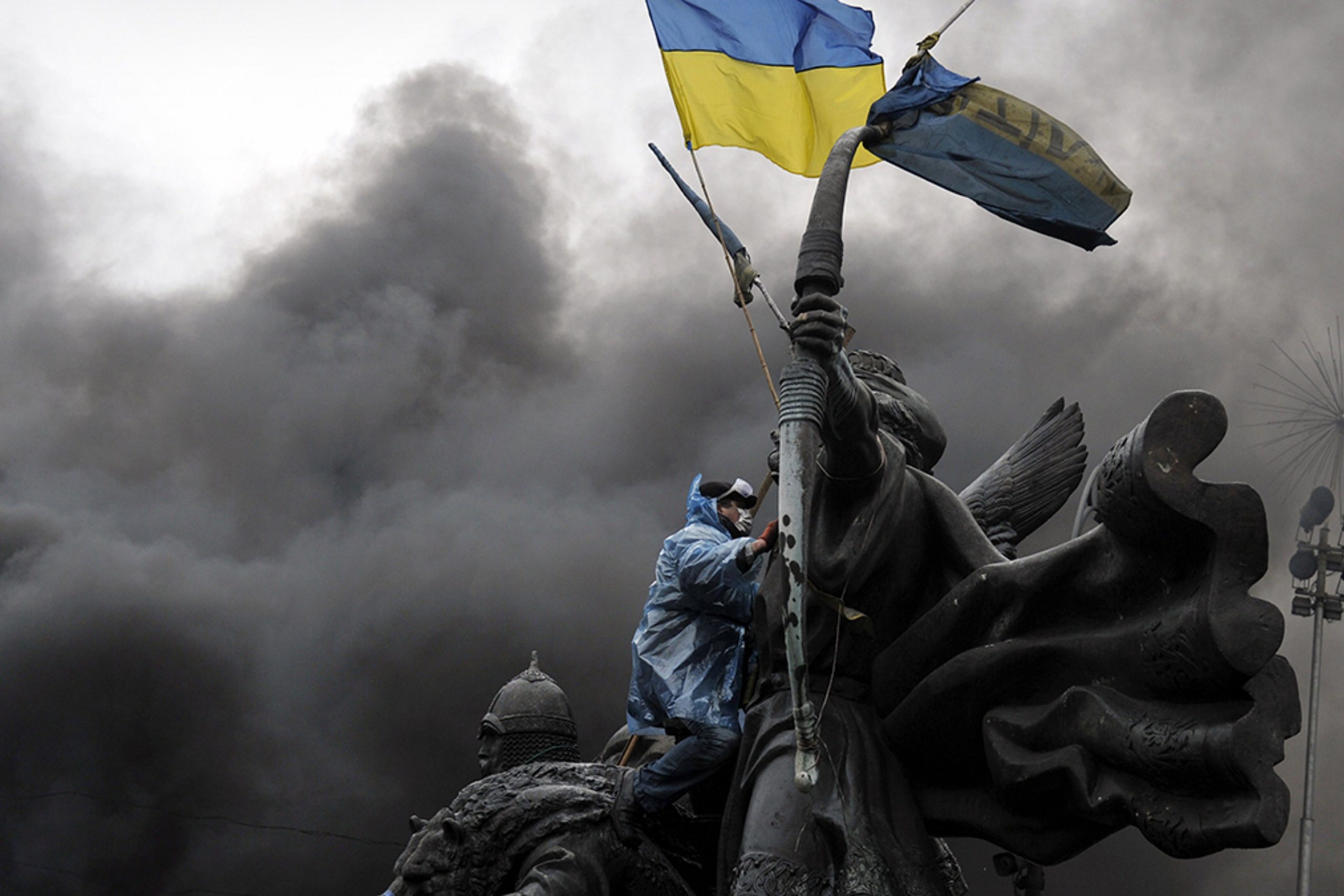Taiwan has criticized Spain for extraditing Taiwanese nationals to China, saying the move puts them at risk of torture or the death penalty.
On June 6, Spain took the decision to extradite 94 Taiwan nationals to the PRC but the case dates back to December 2016, when a huge telecom scam targeting Chinese citizens was unveiled by Spanish authorities and 269 suspects were arrested, among them 219 Taiwanese nationals.
In May 2018, Spain extradited two of these to face trial: not in Taiwan, but in China.
The UN High Commissioner for Human Rights immediately issued a statement urging the Spanish government to halt the extradition process, with UN human rights experts pointing out Spain’s international commitment to avoid extraditions to any State where there is a well-founded likelihood of torture and the risk of severe sanctions including capital punishment.
Moreover, they said, some of the individuals to be extradited may have been victims of human trafficking: several victims stated they had been taken to Spain on the understanding that they would work as tour guides, before being forced to work making fraudulent calls. These claims, said the experts, did not appear to have been adequately investigated by the Spanish authorities, nor taken into account prior to the extradition decision.
Despite this plea, on June 6 Spanish authorities extradited a further 94 Taiwan nationals to the PRC. The PRC’s state-owned media made the most of the extradition case, which, it is argued, could mislead people into thinking an EU member state has confidence in the Chinese judicial system.
A Taiwan source told this website, “The extraditions put Spain at odds with the wider EU, which in April this year raised the inhuman treatment of detainees in China in its annual human rights dialogue with China. The move suggests ignorance of, or indifference to, major judicial issues in China, among them denial of family visits, lack of open and fair trials, torture or extra-judicial investigative measures and excessive jail time, all of which have been raised by the families of the telecoms fraud suspects.”
Just recently, the New Zealand Court of Appeals quashed the extradition of the Korean-born Kyung Yup Kim on humanitarian grounds, suggesting very real concerns over China’s judicial system and an alternative way of dealing with extradition requests.
Spain’s extradition case comes in the same period as the 30th anniversary of China’s Tiananmen Square massacre, a reminder, it is said, “of the devastation that paranoid authoritarianism can inflict on its people.”
It also coincides with the current mass protests in Hong Kong over new extradition laws. Organisers of the extradition protests say over a million people marched, deeply concerned about the erosion of freedoms that Hong Kong still enjoys in the face of an opaque Chinese judicial system if extradition is allowed free rein.
A Taiwan government spokesman said, “We have grave concerns regarding the Spanish authorities’ decision. We believe Madrid’s decision sends the wrong signal to Beijing, especially at a time when people in Hong Kong have shown strong opposition to an extradition bill that would allow Hong Kong citizens and even foreigners to be sentenced under China’s impenetrable judicial system.
“It is highly disturbing that Chinese state-owned media took advantage of exclusive images of the extradited Taiwan nationals, using them as tools of political propaganda to mislead China’s public and the world into believing that an EU member state concurs with the authority and accountability of the Chinese judicial system.
We continue to be disappointed with the Spanish authorities’ tone deaf ignorance of several significant problems with the Chinese judicial system.”
“The EU raised the issue of China’s inhuman treatment of detainees during its annual human rights dialogue with China in April. As an EU member state, Spain’s decision to extradite 94 Taiwan nationals to China is at odds with the EU’s view of the deteriorating human rights situation in China.
“In the spirit of the Taiwan-EU Human Rights Consultations, and in accordance with relevant articles of the European Convention on Human Rights, we believe the Spanish government is obligated to demand that China ensure the Taiwanese detainees are treated according to universal standards of human rights stipulated in the Convention.”
The spokesman said, “It is very disappointing that Spain has thus far failed to provide us with any information to demonstrate that Beijing will ensure Taiwanese detainees are treated according to universal standards of human rights. We urge Spain to live up to its commitments and tackle these human rights issues by launching consultations with Taiwan.”




